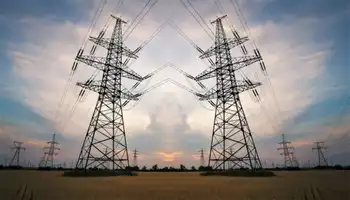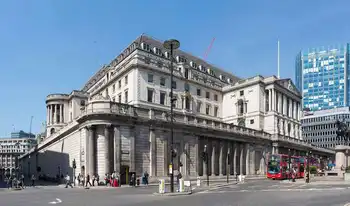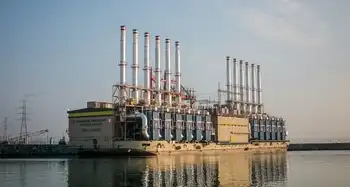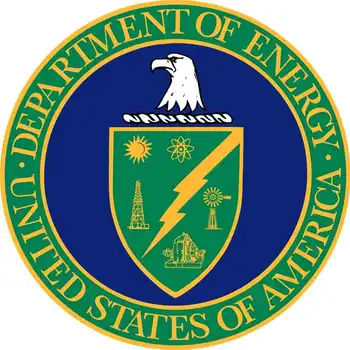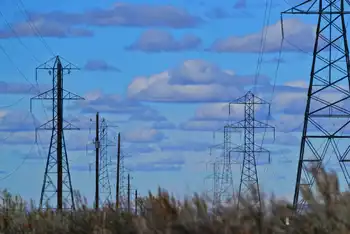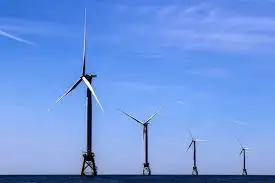Senate leader offers plan for ‘green’ power grid
By Associated Press
NFPA 70e Training
Our customized live online or in‑person group training can be delivered to your staff at your location.

- Live Online
- 6 hours Instructor-led
- Group Training Available
The Federal government would be able override states and direct where the lines would go and who would pay for them.
In unveiling the proposal, Senate Majority Leader Harry Reid of Nevada said an increased federal role in locating power lines was needed to encourage greater availability of electricity produced from wind, solar, geothermal and other renewable energy sources.
"Reforming our energy policies to build a cleaner, greener national transmission system — an electric superhighway — must be a top national priority," Reid said in a statement.
His proposal was expected to become part of a broader energy bill the Senate plans to take up in the coming weeks.
Reid's measure would give the president authority to declare "renewable energy zones" that have great potential for generating electricity from renewable sources such as wind and solar but which have no high-voltage transmission lines to bring that power to consumers.
While states and the federal government would jointly develop "green" transmission plans for such areas, the proposal gives final say to the Federal Energy Regulatory Commission to take land under eminent domain and issue construction permits if a project is determined to be stalled or killed by state action.
Reid's proposal is likely to unleash a states' rights debate in the Senate over the federal government's role in locating transmission lines, a role that traditionally has been the bailiwick of state regulators — and with considerable involvement by local communities.
Attempts by Congress in recent years to allow the federal government to locate transmission lines has prompted strong opposition from states. The Energy Department now has authority to declare transmission areas of national importance and for FERC to intervene in those areas if a power line project is at an impasse. But a federal court recently limited FERC's involvement in such cases.
State utility regulators responded cautiously to Reid's proposal.
Frederick Butler, chairman of the National Association of Regulatory Utility Commissioners, said in a statement that the group hopes to work with Reid on the issue. "We are optimistic that our continued dialogue will produce a better outcome for consumers and the environment," he said of the proposal.
The green power lines are aimed at boosting development of solar, wind and geothermal energy projects otherwise cut off from the nation's electric grid. It's also a proposal that Reid acknowledged would give "an enormous boost" to his own state of Nevada, where companies are eyeing large solar projects.
For a power line project to be under the new federal siting authority it must make available 75 percent of its transmission capacity to electricity from renewable energy sources, although in some cases that might be reduced to maintain line stability.





